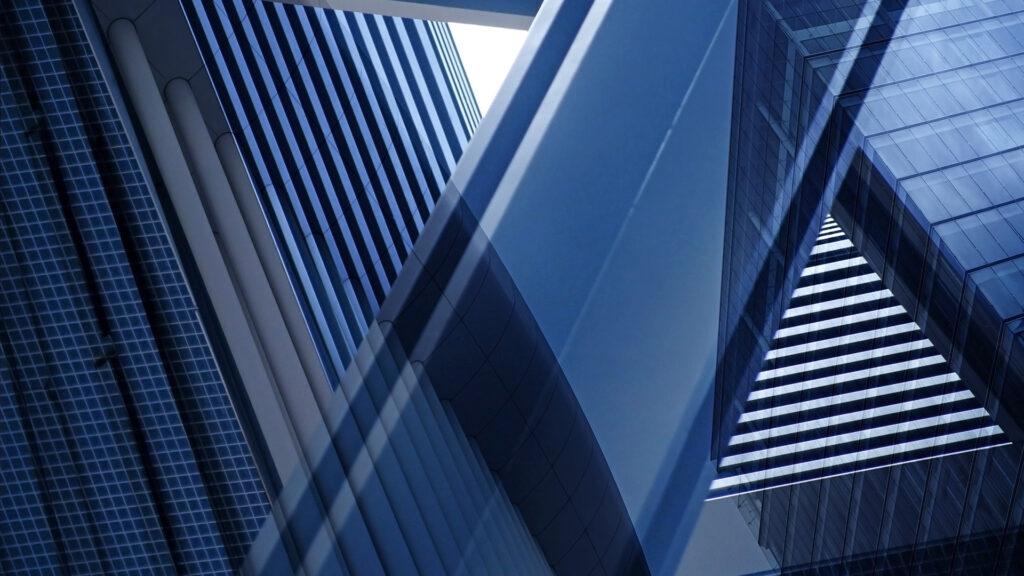
Courting Construction (Part II): the new Technology & Construction Division of the DIFC Courts, November 2017
In our previous briefing, we wrote about the proposed Technology & Construction Division (TCD) of the Dubai International Financial Centre (DIFC) Courts and its importance for the UAE legal landscape. In this briefing, we take a look at some of the key features of the newly-constituted TCD and how they might influence parties when it comes to choosing the forum in which to resolve their disputes.
What is happening?
On 17 September 2017, the DIFC Courts officially launched the TCD, intended to hear technically-complex construction, engineering and technology cases under a new Part 56 of the Rules of the DIFC Courts (TCD Rules).
Why is the TCD different?
In contrast to the wider DIFC Courts, the TCD is specifically intended to hear and determine claims involving “issues or questions which are technically complex”.
To do so, only suitably experienced, expert judges will be appointed to sit on the TCD bench. In the first of these appointments, Justice Sir Richard Field – a former Judge in Charge of the Commercial Court in London – has been appointed to head the TCD. While there are as yet no details of other appointments, this is a positive first step. It demonstrates the DIFC Courts’ commitment to providing, as Chief Justice Michael Hwang put it, “oversight of specialist judicial expertise”.
An experienced and technically-knowledgeable bench – and the additional certainty and assurance it provides in complex cases – is likely to be attractive to businesses in the region; by comparison, one of the reasons why arbitration is currently the dispute resolution forum of choice for parties to construction contracts is precisely because it enables parties to choose a suitably-experienced tribunal who can, in most cases, be expected to make the “right” decision. By appointing similarly experienced judges, parties to construction and other complex contracts are afforded the same confidence that the “right” decision will be made in the TCD. The quality and experience of the TCD’s judges will therefore be key to its success.
In keeping with the transparent approach adopted by the wider DIFC Courts, hearings within the TCD will be held in open court and conducted in the English language. Judgments of the TCD are likely to be published and publically available. A significant advantage of the TCD over arbitration, where awards tend to be confidential, is that parties to a dispute will be able to get some guidance and predictability of the likely outcome of their case in advance, particularly as the body of TCD case law grows. This approach may even go some way to avoiding proceedings altogether. However, parties must weigh that benefit against the potential downside of losing the privacy inherent in arbitration.
When will a case be heard in the TCD?
As a starting point, the parties must have agreed to the jurisdiction of the DIFC Courts. However, in a departure from the “opt-in” approach of the wider DIFC Courts, parties cannot refer cases to the TCD simply by specifying the TCD in their contracts. Instead, under the TCD Rules, parties must apply, with supporting evidence, for their disputes to be heard in the TCD.
The TCD Rules do not fix the criteria by which the DIFC Court will determine that application, though it is clear that cases may be transferred both to and from the TCD. In the short term, parties may be discouraged by this lack of certainty (although in most cases we would expect it to be apparent whether the case is more likely than not to fall within the ambit of the TCD). In the longer-term, however, the application process is likely to be a valuable means of:
- Ensuring that the right kinds of cases – such as technically complex construction cases – are heard in the TCD.
- Ensuring the TCD is able to focus on the cases it was intended to hear, rather than cases the parties consider it should hear.
- Focussing the parties’ minds on the key issues in dispute in the very early stages of proceedings and, therefore, leading to a more efficient dispute resolution process.
How long will a TCD case take?
The duration of any case depends on a number of factors, such as the complexity of issues in dispute, number of witnesses and similar concerns. However, the TCD Rules introduce a number of forms and processes aimed at increasing the efficiency with which disputes are resolved. These include, for example:
- The filing of a specific TCD “case management directions” form, which sets out the agreed steps in the proceeding leading up to trial (e.g. pleadings, disclosure, witness statements, expert evidence etc.). Where any directions are not agreed, the parties must state the scope of and reasons for the disagreement.
- An early case management conference where the directions for the proceedings are to be made and any disagreements about those directions are to be resolved.
- A pre-trial review and questionnaire to put in place procedures for trial (e.g. further directions, procedures for submitting/hearing lay and expert witness evidence, etc.).
These forms and processes are clearly designed to focus the parties on the issues in dispute at an early stage and encourage agreement. They also appear to be designed to enable the TCD to understand the extent and nature of any disagreement up-front and, thereby, ensure its quick resolution. These aims are supported by the power of the TCD to impose sanctions on the parties for failing to comply (for example, a claimant can be sanctioned for failing to file or serve the TCD case management directions form).
These processes also provide for a balance of certainty and flexibility. The TCD Rules clearly set out the compulsory forms and processes with which the parties must comply with. However, they also allow the parties to agree certain procedural steps which they deem most appropriate for resolving their disputes (which is a key attraction of arbitration and largely lacking in the many other court rules).
It is this balance, together with increased efficiency – and, therefore, reduced costs – that is likely to make the TCD an attractive dispute resolution forum.
What can we expect from the TCD?
The unique features of the TCD outlined above set it apart from arbitration and the local courts. Combined with the existing benefits of using the DIFC Courts, these are likely to make the TCD a popular contender for resolving large and complex disputes, particularly those in the construction sector. However, there is an inevitable delay between the parties choosing a dispute resolution forum in their contracts and the emergence of disputes – particularly so in large projects. It may therefore be some time before parties are sufficiently comfortable with the TCD as a concept and its procedures to make it a widespread feature of the regional disputes landscape.
That said, the establishment of the TCD now shows foresight. With the number and scale of projects currently underway and planned in the region – for example, the World Expo in Dubai in 2020 and the FIFA World Cup in Qatar in 2022 – we expect the volume of regional, technically-complex disputes to increase significantly in the next five to ten years. Establishing the TCD now allows time for it to mature and establish itself as a credible and reliable alternative to arbitration, poised to be the dispute resolution forum of choice for many of those projects if and when disputes arise in the years to come.
Download a PDF version of ‘Courting Construction (Part II): the new Technology u0026 Construction Division of the DIFC Courts, November 2017’











